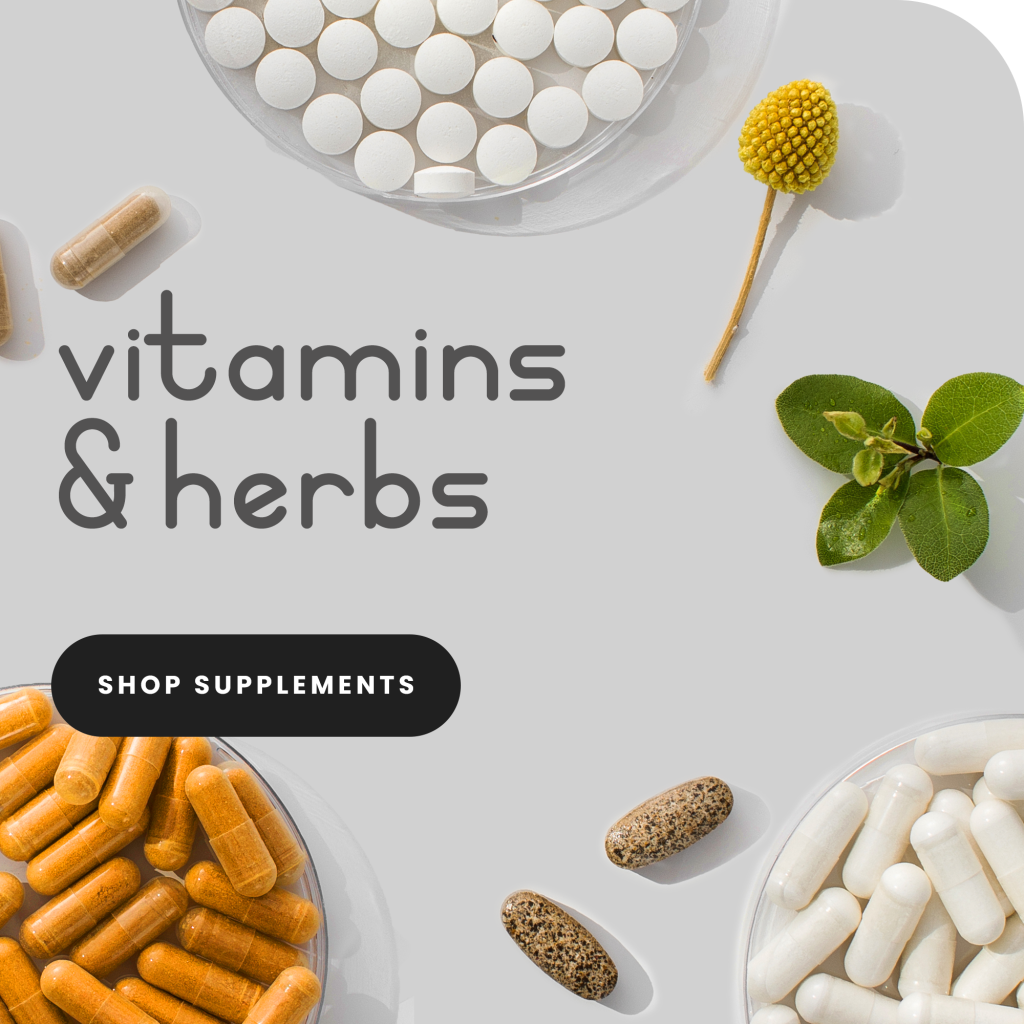What is quercetin good for?
A strong antioxidant
As a flavonoid, quercetin actively scavenges free radicals, making it really good for oxidative stress. This means it can protect cells from damage by unwanted oxygen molecules in our bodies, and therefore lowers the risk of chronic diseases like cancer and heart disease. Oxidative stress damages DNA, causing mutations, which is what leads to cancer. This means that all antioxidants may reduce our statistical likelihood of developing cancer.
Some people have actually gone further and claimed that quercetin inhibits the growth of cancer cells and induces apoptosis, or programmed cell death, in cancerous cells. If this were true, it would mean quercetin might help to prevent the development and spread of cancer. There’s no actual evidence of this, so please don’t fall for exaggerated snake oil claims. Quercetin is good, but not that good.
Anti-inflammatory and immune system support
Quercetin is good for reducing inflammation in the body, helping to relieve pain and discomfort caused by inflammatory conditions such as arthritis and asthma.
Quercetin can improve immune function, bolstering the body’s defences against infections and viruses, making it particularly beneficial during cold and flu season. It partners with vitamin C so they mutually boost each other’s benefits.
Allergy relief
Quercetin may reduce allergy symptoms by stabilising mast cells and inhibiting the release of histamine, providing relief from sneezing, itching, and nasal congestion. Vitamin C is also very important in allergy season, as it helps prevent the fatigue and lethargy that comes after a major allergic reaction or a string of smaller ones. Vitamin C and quercetin make perfect partners as they work together and boost each other’s absorption and benefits.
Boosts collagen production to reduce signs of ageing
It’s thought that quercetin protects against the signs of ageing by promoting collagen production. Collagen reduces signs of ageing such as wrinkles and sagging skin by giving skin its firm sub-structure.
Quercetin’s antioxidant properties certainly help prevent ageing. This is because wrinkles form as our DNA suffers progressive damage from oxidative stress, amongst other factors. It may also help since it’s a partner nutrient to vitamin C, which is one of the chemical components of collagen tissue in our bodies.
Heart health
Quercetin is a blood thinner, which can be good for people at risk of strokes and thromboses. The effect is strong, which means you should talk to your doctor if you’re already on blood thinners – otherwise you may end up with too much.
Further, research suggests that quercetin can improve cardiovascular function by dilating blood vessels, lowering blood pressure, and reducing the risk of hardened arteries. We need more research to find out the details of how quercetin is good for heart health.
Balancing blood sugar
Quercetin may be good for stabilising blood glucose levels by improving insulin sensitivity and reducing insulin resistance. This may make it beneficial for people with pre-diabetes or who are battling to lose weight.
Exercise endurance
Quercetin may boost sports performance and workout endurance. It seems that it can reduce fatigue by increasing mitochondrial biogenesis, which would improve energy production in muscle cells.
What foods contain quercetin?
Quercetin is a natural yellow plant pigment called a flavonoid that belongs to a group of plant compounds known for their antioxidant properties. Although it’s yellow, there are other coloured flavonoids in fruit and vegetables, so you’ll actually find it in a whole rainbow of colourful fresh foods. There is natural quercetin in citrus fruits, apples, onions, parsley, sage, olives, grapes, dark cherries, and dark berries such as blueberries and blackberries.

Dark berries like blackberries and blueberries are natural sources of quercetin and good for oxidative stress and inflammation
Why is it difficult to get enough quercetin from food?
It can be challenging to get enough quercetin from food alone because we don’t typically eat large amounts of quercetin-rich foods.
In fact, the amount of quercetin in any fruit or vegetable is very random. Let’s take an apple as an example. One variety of apple can have a very different amount of quercetin from another. There will also be a difference depending how ripe the apple is, and how it’s been stored since it was picked off the tree. There’s less quercetin in imported fruits and vegetables that often reach Britain after long refrigerated journeys far from sunlight. Quercetin can also be damaged by the heat of cooking.
Here’s another example. You may have read online that there’s quercetin in tea, especially green tea. Sadly, quercetin doesn’t dissolve in water, which means you’ll only get it from your tea if you eat the teabag!
Additionally, the bioavailability of quercetin from food sources can be relatively low even when we do eat the whole thing. In other words, our bodies don’t absorb and use much of the quercetin we eat.
As a result of all these issues, quercetin supplements can make a real difference and deliver all the benefits that we know quercetin is good for.
How to choose the best quercetin supplements
Not all quercetin is equal. It’s extracted from plants, so your quercetin extract will have other things in with it. There will be a percentage number telling you how much of your supplement is quercetin, and how much is unwanted extras (some of which are not good for you). The highest possible purity for a quercetin extract these days is 98%.
Secondly, choose supplements that are clean and without additives. A few supplements do need extra things in the capsule to protect them from damp or to keep them fresh in other ways, but quercetin isn’t one of them. So choose a pure product with no additives.
Buy quercetin in a dark bottle that is double-sealed. It will degrade in sunlight or oxygen, so pouches or see-through bottles are no good.
Choose a product that is third-party lab tested to make sure it’s free from heavy metal contaminants and other toxins. Companies that do this testing display a certificate, or a statement about it, with their online product listing.
Beware of buying quercetin supplements that contain a list of other botanical ingredients as well. If you react badly to the supplement you won’t know which ingredient is causing the problem. Some have bromelain for example, an enzyme from pineapples that helps absorb quercetin. But allergies to bromelain are very common and taking it every day increases your risk of developing this problem – which would mean you can never eat pineapples again.
Take quercetin with vitamin C and a little fat
Taking quercetin and vitamin C together is always best, because vitamin C improves the absorption of quercetin into the body. Vitamin C helps to convert quercetin into a more absorbable form, thereby increasing its bioavailability and maximising its potential health benefits.
Additionally, vitamin C itself is a powerful antioxidant that works as a partner to quercetin, giving extra antioxidant protection and also supporting immune function. Therefore, combining quercetin with vitamin C can maximise their benefits.
Why the fat? This is the best way to improve your absorption of quercetin. We don’t mean eat slabs of lard! The oil in an avocado, sone nuts or an egg would be plenty, or any meat including chicken.
Is quercetin safe for everyone?
In a word, no. Any herb or medicine that can change processes in your body will have effects that are not right for certain situations.
Please read these cautions and do not take quercetin if any apply to you. If you’re in any doubt, talk to your doctor.
- Quercetin may increase the effect of blood-thinning medication (anticoagulants). These include Warfarin (Coumadin), Clopidogrel (Plavix), and Aspirin.
- Doctors are undecided whether quercetin helps or hinders chemotherapy. You should always talk to your oncologist before taking any supplements if you are undergoing chemotherapy.
- Quercetin may cause corticosteroids to stay in the body longer.
- Pregnant women, breastfeeding women, and people with kidney disease should avoid quercetin supplements.
- Quercetin may reduce the effectiveness of certain antibiotics. Ask your doctor about taking quercetin if you are prescribed antibiotics.
- Quercetin may interfere with the body’s absorption of Cyclosporine, which is used to suppress the immune system.
- If you take Digoxin, quercetin may increase the risks of this drug.
Quercetin can reduce the effectiveness of fluoroquinolones.









